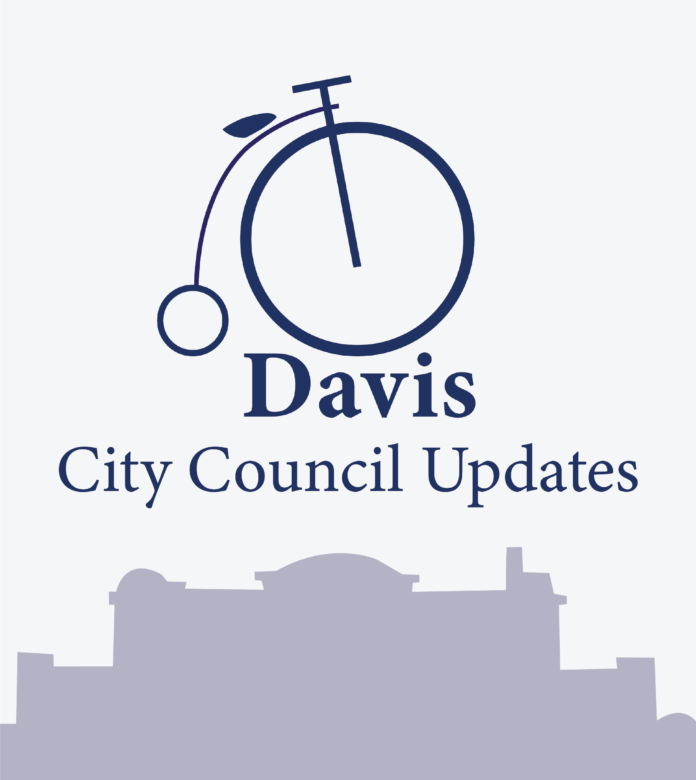The proposal was brought before the council and resulted in discussions of a new revenue stream and its implications for residents
By HANNAH SCHRADER — city@theaggie.org
On Nov. 7, the Davis City Council convened its scheduled meeting and discussed a contentious proposal regarding a vacancy tax in the city of Davis. Vacancy taxes, such as a commercial vacancy tax, are taxes that charge property owners for vacant properties.
Mike Webb, the Davis city manager, presented background information on the tax, stating that it would need to be approved by voters in a ballot measure. He also discussed further implications.
“Some agencies, including some not far away from here, have implemented what they call [a] vacancy tax,” Webb said at the meeting. “As a tax, it has to be approved by the voters on a ballot measure, but as is the case in California, the ability to tax any number of issues is fairly broad for local jurisdictions. And that can include taxing property owners for residential, commercial or undeveloped land that is vacant […] for it not being in ‘productive use.’”
Webb then spoke briefly about the potential benefits of putting the vacancy tax into effect, stating that it could be used to encourage property owners to not leave properties vacant.
“A vacancy tax can be pursued for any number of reasons; it could be pursued as a revenue generation tool for a community,” Webb said. “More often than not, though, we see that they’re used as really more for land-use regulation. Sort of proxy to try to entice property owners to think twice about leaving a property vacant.”
Webb suggested that large investors are largely responsible for property vacancies in certain areas.
“Some of what we’re finding in other jurisdictions where there, I will say, can be fairly prevalent vacancies is […] a theme [due to large investors],” Webb said. “Where investors are coming in, buying up a large number of properties and, you know, maybe they’re not even investors that are local or even in the country, but they’re buying up the [..] property as investment properties.”
Alan Hirsch, a local resident, shared how this tax could prevent the housing crisis from worsening in Davis during the public comment section.
“I think we should make sure that infrastructure is fully used and [that] revenues come from it, so I would encourage you to consider this thing,” Hirsch said. “Consider a tax, because we certainly have a shortage of housing. I think we want to encourage that and get ahead of the game before someone comes and starts to withhold property from the market.”
Vice Mayor Josh Chapman discussed his focus with a vacancy tax, which is not necessarily for a revenue source but rather a way to manage some of the issues that the city has dealt with from vacant land space.
“I am supportive of us continuing this conversation and getting a more in-depth data set around what some of these are,” Chapman said. “[…] I would be interested in learning more about what options we have around commercial and vacant land space.”
While still considering the tax, Mayor Will Arnold expressed interest in narrowing the focus of the tax to primarily target commercial land vacancies.
“I’m more inclined to really want to dig into this on the commercial side,” Arnold said. “There are some significant commercial vacancies that exist in town and if the incentive isn’t there to get them rented, it may behoove the city to want to change that equation.”
Mike Webb closed off the discussion by mentioning the upcoming housing element that would allow the city to identify what is considered commercial land to further understand the implications of the tax.
“In terms of doing an updated inventory of commercial land, since we do have a number of properties that we’re bringing forward as part of the housing element for rezones,” Webb said. “[It] probably makes sense for us to coordinate on that and identify what properties are being changed to what designations and make sure all that is reconciled.”
Written by: Hannah Schrader — city@theaggie.org




